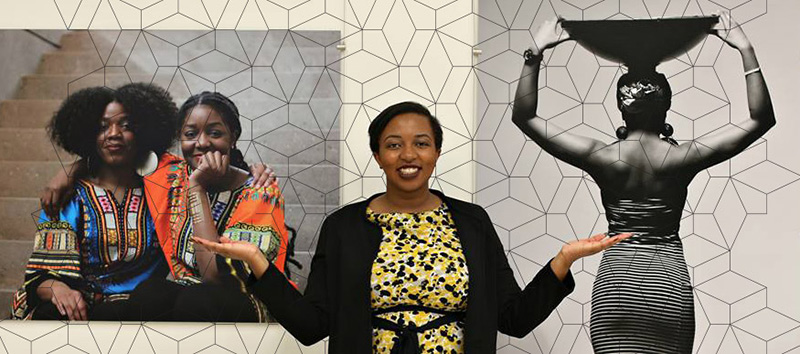
Polly Irungu, BA ’17 (journalism), hated Oregon initially.
The Nairobi-born photojournalist and activist’s family moved from Kansas to the Pacific Northwest right after her freshman year of high school, and the school she transferred to—full of upper-class students—immediately struck her with a feeling of unbelonging.
It was not until she picked up a camera that that feeling began to fade. Encouraged by a few of her high school teachers, Irungu began creating community and spotlighting instances of Black joy through her work.
“When I first picked up a camera, I did not know any other photographers, let alone Black women photographers,” she said. “I used my camera as a way to get to know people and find friends, in a sense.”
She started out by taking portrait photos for the yearbook, but quickly found herself drawn toward more active subjects: protests, fashion shows, and concerts—G-Eazy, J. Cole, and T-Pain among her favorite artists—a few of her preferred subjects to capture.
“Fun, energetic crowds make for good photos,” she said.
Now 26 years old with a UO degree and more than 10 years of industry experience under her belt, Irungu’s work has been featured everywhere from the Washington Post to Times Square.
Despite all the recognition, however, Irungu admits that she sometimes still feels like a small fish in a big pond.
“I’m very low-key and very behind the scenes so no, (success) hasn’t really gotten to me at all,” she said, adding that she still gets a little awestruck when she sees her name getting published. “A lot of people are just learning about me and my work. I’m very young and I have a long way to go.”
Irungu chalks her success up to hard work and staying true to herself and said that her intentions with her work have not changed since she first began—that her focus on highlighting Black joy is stronger than ever..
“A lot of the stories that we see centered around Black folks often feature some kind of Black trauma or Black pain and you don’t often see the moments of joy. Subconsciously I gravitate toward that,” she said.
In 2020, Irungu began challenging media outlets to reconsider what diversity in the newsroom actually looks like and to recognize the importance of representation, equal access, and hiring people of color for positions of power.
“We need more diversity in these spaces and in these newsrooms because it’s still very white and still very sad and every year they do their reports and post them and nothing’s changed,” Irungu said. “There’s really no excuse. People say they want their newsrooms to reflect America or the community they are serving. Ok, then what’s stopping you?”
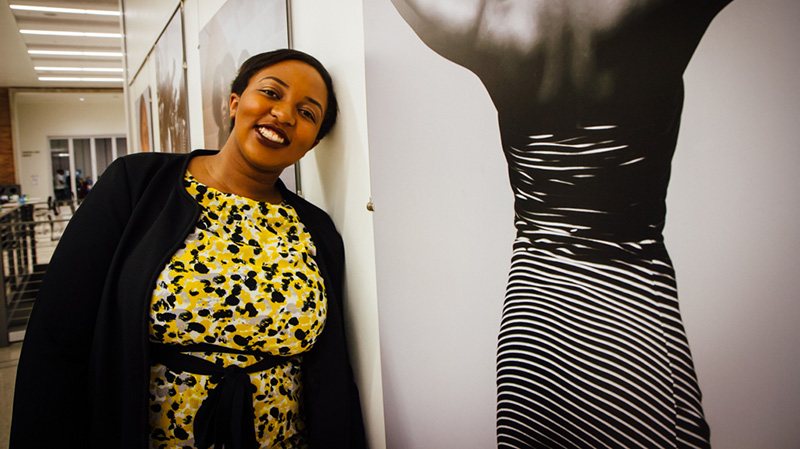
And that is why Irungu created the Black Women Photographers community, a database intended to help promote and encourage inclusive hiring practices. Established in July of 2020, the project has raised more than $14,700 in relief funds for members affected by COVID-19 and helped spearhead the careers of many.
“It’s a labor of love,” she says about running the community, “but it really is worth it when I hear someone got hired or assigned from the database.”
Through it, she’s also been able meet some of her biggest inspirations. By hosting events in partnership with Adobe Lightroom, Irungu has interviewed a wealth of the industry’s best-known names including Joshua Kissi, Kennedi Carter, and Flo Ngala. She even secured an interview with Pete Souza, the former chief official White House photographer during the Reagan and Obama presidencies.
“I was shook when they said ‘yes’,” said Irungu. “I started freaking out. I screamed. I put it out there with nothing to lose.”
Taking risks has been a huge motif in Irungu’s life. It’s also something that she encourages other young people looking to make it in the media industry to do as well.
“Take a step back and write down any crazy idea or goal that you might have,” she said. “If you want to photograph a cover or work at the New York Times, ask yourself what the steps are that you have to take to reach that goal, then break it down into tangible goals. The small things equal the big things in the long run.”
It’s a technique that has served her well over the years, helping her stay less overwhelmed, something that she needs because in addition to her work with BWP, Irungu also works a full-time job as a digital content editor for “The Takeaway” at New York Public Radio.
When she is not working, Irungu carves out time for herself by penciling in the things that she loves most. Law and Order: Special Victims Unit has just begun airing a new season, and she says she’ll be setting aside time to watch every episode.
“It’s about boundaries. Self-care is real. Burnout is real,” she said.
At the same time, however, Irungu is pushing herself to create more in 2021 and challenging herself to be more intentional with her work as well as complete at least one personal project per month and three long-term projects for different media outlets.
Most recently, on February 9, 2021, her work with BWP earned her a spot on The Kelly Clarkson Show, where she recounted stories of the database working in real time, such as when Stranger Things star Priah Ferguson used the database to hire a photographer for her company in Atlanta.
“My hashtag ‘hireblackwomenphotographers’ is not just a hashtag, it is a reality for these women,” Irungu affirmed.
- by Sage Kiernan-Sherrow, UOAA associate. Photos courtesy Polly Irungu.
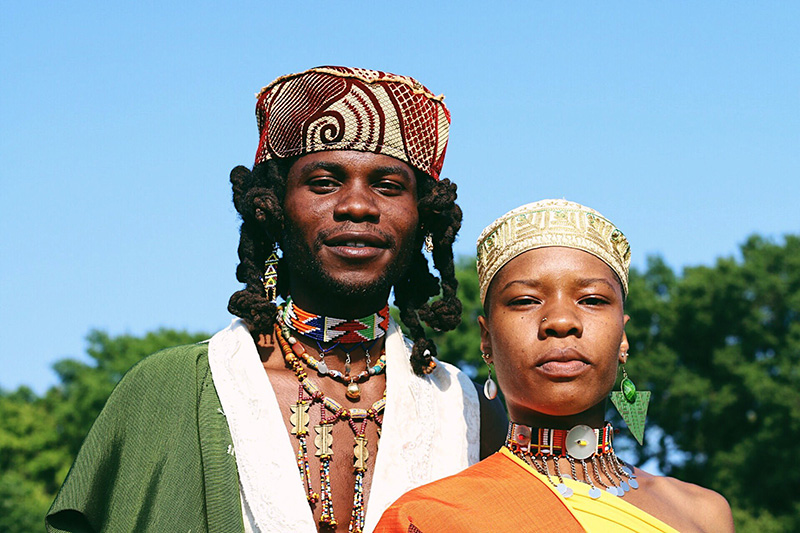
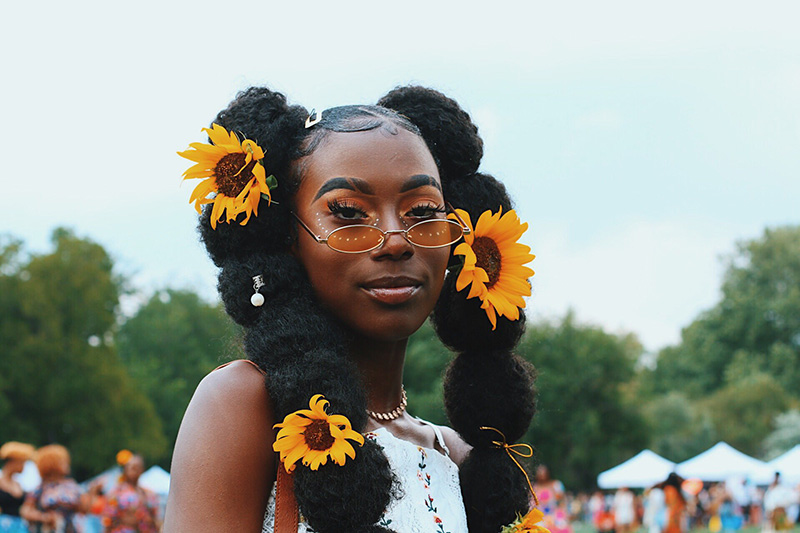
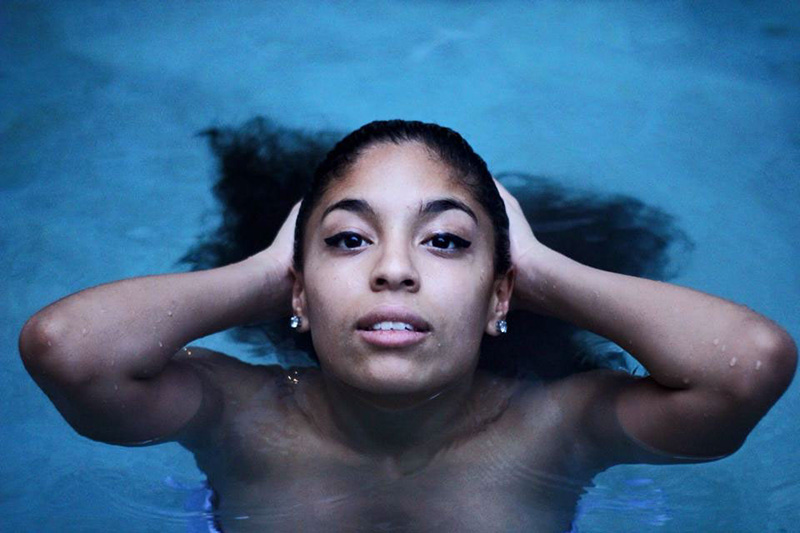
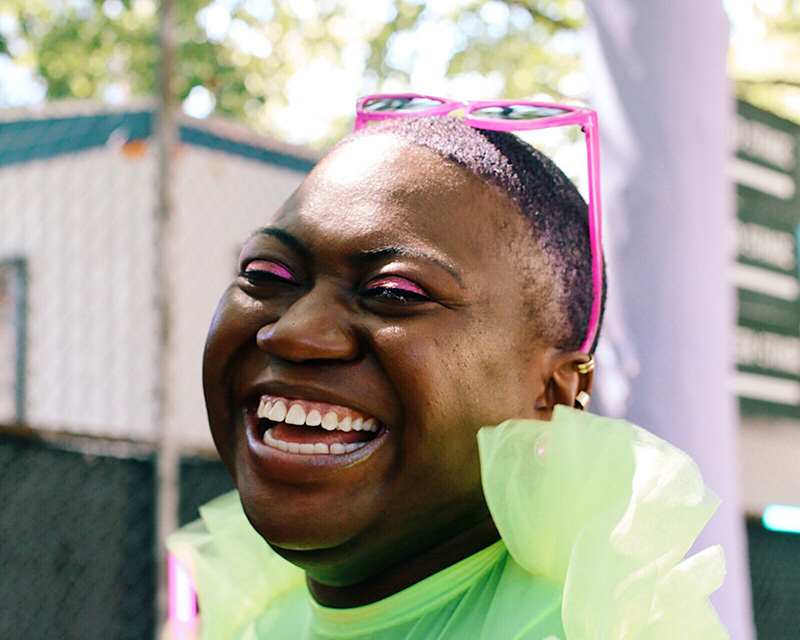
Related Articles